

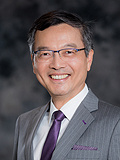
Dr The Honourable LAM Ching-choi, SBS, JP
Ensuring sustainability and affordability of long-term care in Hong Kong
Biography
Dr Lam Ching-choi is a specialist in paediatric and community medicine and is currently the Chief Executive Officer of Haven of Hope Christian Service. Under his leadership, Haven of Hope Christian Service is one of the pioneers in the provision of holistic care for the elderly in Hong Kong.
Dr Lam is a non-official member of the Executive Council of the Government of the Hong Kong Special Administrative Region. He also serves as the Chairman of the Elderly Commission and the Council for Sustainable Development to advise the Government on the related policies. He is also the Supervisory Board Member of the HK Housing Society.
Dr Lam was awarded the Silver Bauhinia Star in 2019. Apart from receiving Honorary Fellowship from Lingnan University in 2018, he was also given the Ageing Asia Global Ageing Influencer Award (Special Recognitions) for his devotion to public services and his influence on policy-making for the global ageing trend.
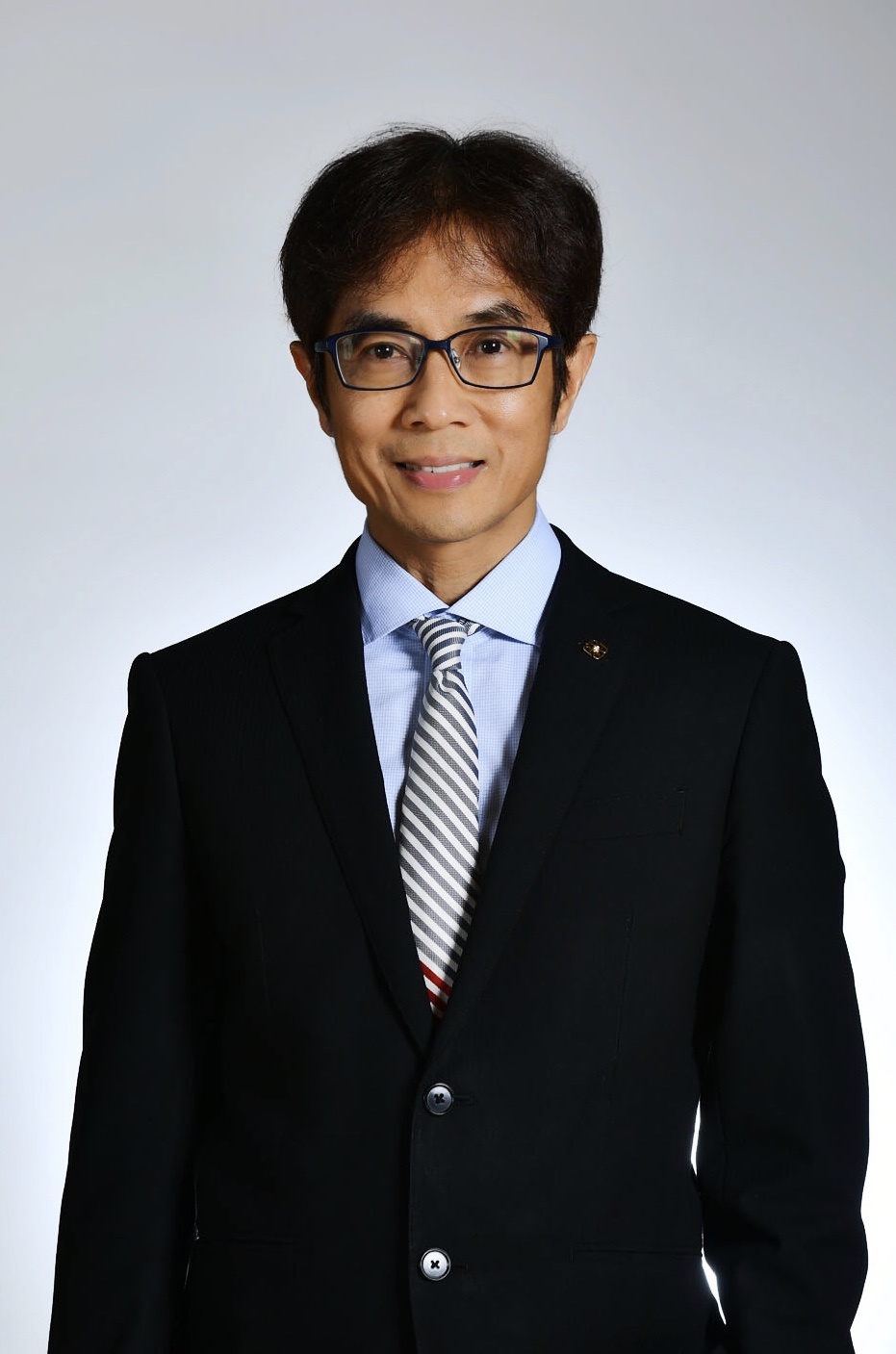
Long-term care provision and financing in China: The context and recent developments in financing
Biography
Prof. Peter P. Yuen is Dean of the PolyU CPCE. He is also Professor of PolyU’s Department of Management and Marketing. He received his Bachelor of Arts degree in Cellular and Molecular Biology and Master in Business Administration degree from the State University of New York at Buffalo, USA, and his Doctor of Philosophy degree in Health Economics from the University of Birmingham, UK.
Prior to his appointment as Dean of CPCE, Prof. Yuen held a number of management positions at PolyU, including Associate Vice-President (Management), Director of the Public Policy Research Institute, and Head of the Department of Management. He was also the Founding Director of the Doctor of Business Administration programme in the Faculty of Business.
Prof. Yuen’s research mainly focuses on public policy formulation and evaluation, and health services management. He is the Co-Editor-in-Chief of Public Administration and Policy and an Editorial Committee member of Asia Pacific Journal of Health Management. He was also a consultant for the Hong Kong Special Administrative Region (HKSAR) Government and the Bauhinia Foundation on a number of public policy related projects including the West Kowloon Cultural District, Sustainable Built Environment, Subsidised Homeownership, Managed Care in Hong Kong, and Health Systems Reform.
Prof. Yuen is currently the immediate Past Chairman of the Federation for Self-financing Tertiary Education (Hong Kong). He has served as a member of the HKSAR Government Manpower Development Committee, Health and Medical Development Advisory Committee, and the Committee on Self-financing Post-secondary Education. He is a Founding Fellow of the Hong Kong College of Health Services Executives, and an Honorary Fellow of the Australian College of Health Services Management. He once served as Vice-President of the Chinese National Institute of Health Care Management Education, and President of the Hong Kong Public Administration Association.
Abstract
This study examines the significance of long-term care (LTC) developments in China. The challenges of LTC provision and financing in China are outlined. It then describes and analyzes developments in LTC financing in different parts of the country towards the second half of this decade, in the light of the directives issued by the central government on LTC financing schemes. It summarizes the government directives which provide the framework for a more uniform development of LTC financing, while allowing a certain degree of discretion on the part of local governments. The LTC insurance schemes of the first 15 pilot cities are analyzed in terms the target population, the financing sources, and the contribution requirements.
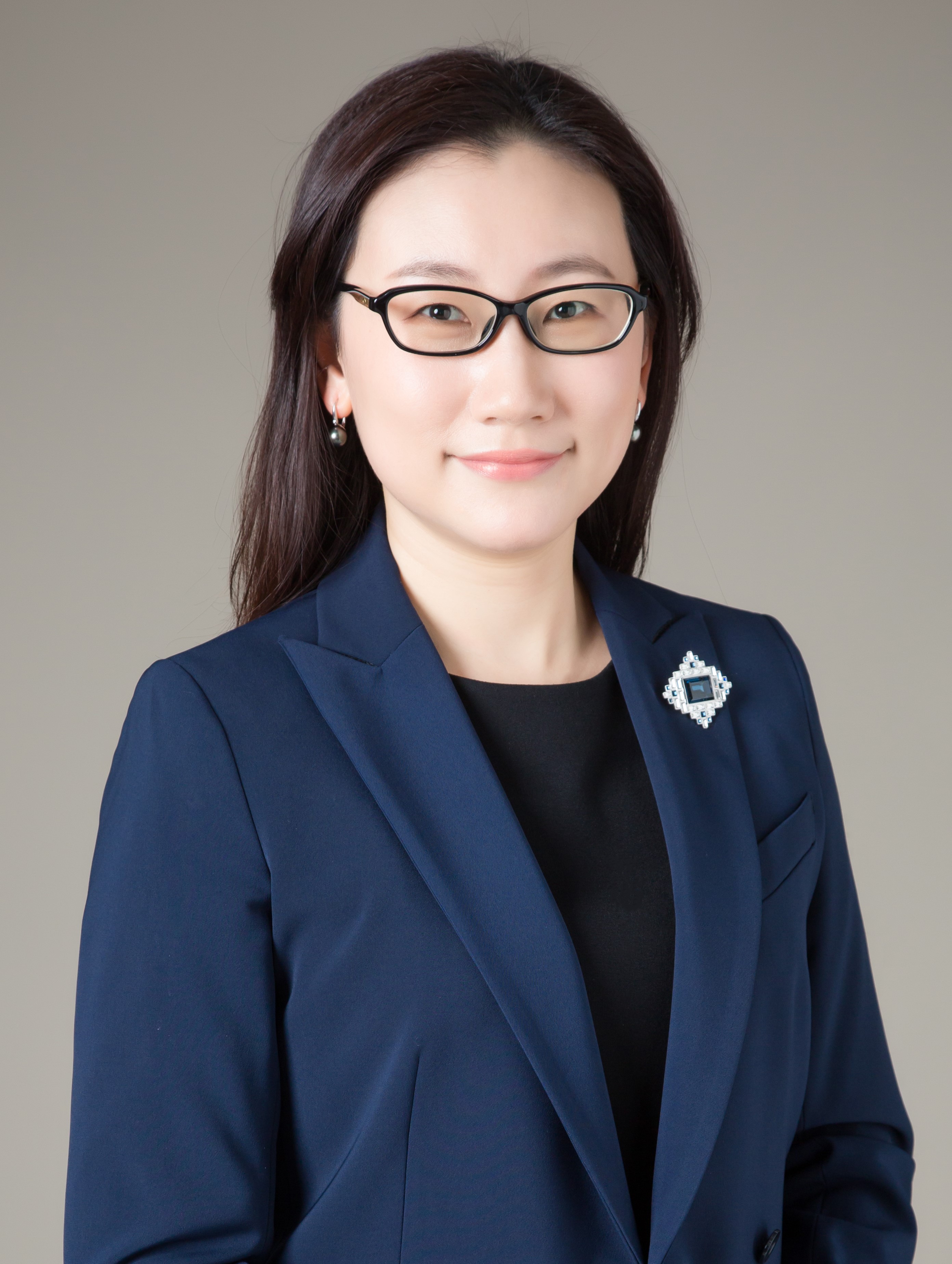
Evaluating the financial sustainability of the different long-term care insurance schemes in the 15 pilot cities
Biography
Dr Zhang Hui (Vivienne) is Associate Professor in the Department of Health Policy and Management, School of Public Health, Sun Yat-sen University of China. She received her Ph.D in health economics from The Hong Kong Polytechnic University, her M.Sc in economics from The Hong Kong University of Science and Technology. Her research interests are health insurance reform, health care financing, and cost-effectiveness analysis.
Abstract
This study examines key features of long-term care insurance (LTCI) schemes in first 15 pilot cities based on the relevant policy documents issued by government agencies from these pilot cities. It then evaluates the financial sustainability of the different types of long-term care insurance schemes among the 15 pilot cities. The results show that most of the schemes in pilot cities can meet the LTC expenses of their severely disabled persons within the guidelines laid down in the central directives at the present moment.
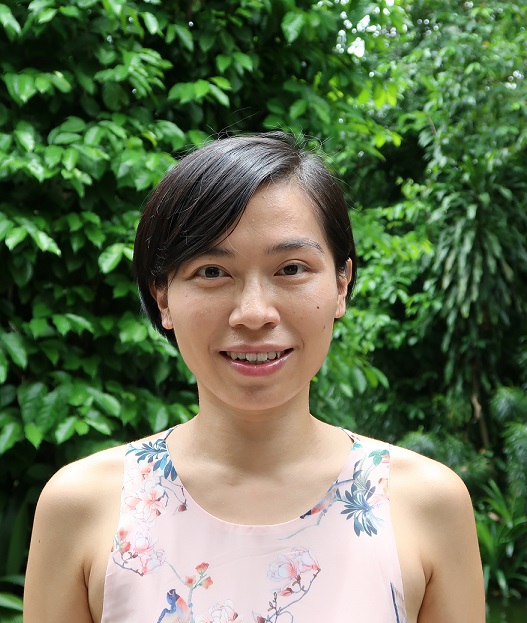
A comparative analysis on long-term care models in Qingdao, Nantong, and Shanghai
Biography
Dr Sabrina Ching Yuen Luk joined School of Social Sciences in July 2017. Prior to this, she was Adjunct Associate Professor at the Open University of Hong Kong (January-June 2017), Visiting Lecturer at School of Professional Education and Executive Development of PolyU (January-June 2017), and Associate Professor at Kunming University of Science and Technology, China (2013-2016). She holds both Bachelor of Social Science (First Class Honours) and M.Phil from the Chinese University of Hong Kong and Ph.D. from the University of Birmingham, the United Kingdom.
Dr Luk was a recipient of the 2012 Michael O'Rourke PhD Publication Award at the University of Birmingham for her research contributions and publication record. She was also the Highly Commended Award Winner of the 2013 Emerald/EFMD Outstanding Doctoral Research Awards in the Healthcare Management Category.
Abstract
In 2016, the Chinese government implemented a pilot long-term care insurance (LTCI) reform in the country. A total of 15 cities were selected to implement the LTCI scheme. Local governments were given discretion to determine the source of finance, contribution rate, the insured population and insurance benefits in accordance with their socioeconomic conditions. This study examines long-term care (LTC) models in three pilot cities – Qingdao, Nantong, and Shanghai – representing three different models of financing and delivering LTC in China. Qingdao, which is an aged society, finances LTC for employees by money transferred from the social pooling fund (SPF) of Basic Medical Insurance (BMI) schemes, additional individual contributions, government subsidies, a one-time transfer of the accumulated surplus of the employee BMI fund and social donation. Meanwhile, it finances LTC for residents by money transferred from the resident’s medical insurance fund. Nantong, which is a super-aged city and known as the first ‘Capital of Longevity of the World’, finances LTC by money transferred from the SPF of BMI, individual contribution and government subsidies. Shanghai, which is a super-aged city, finances LTC by money transferred from the SPF of BMI. But its ultimate goal is to finance LTC by money contributed by employees, employers and residents. This study uses five criteria, including utilization of medical resources, cost, equity, quality of care and sustainability, to evaluate the performance of the LTC models in these three cities. It also examines ways to improve the financing and delivery of LTC in these three cities.
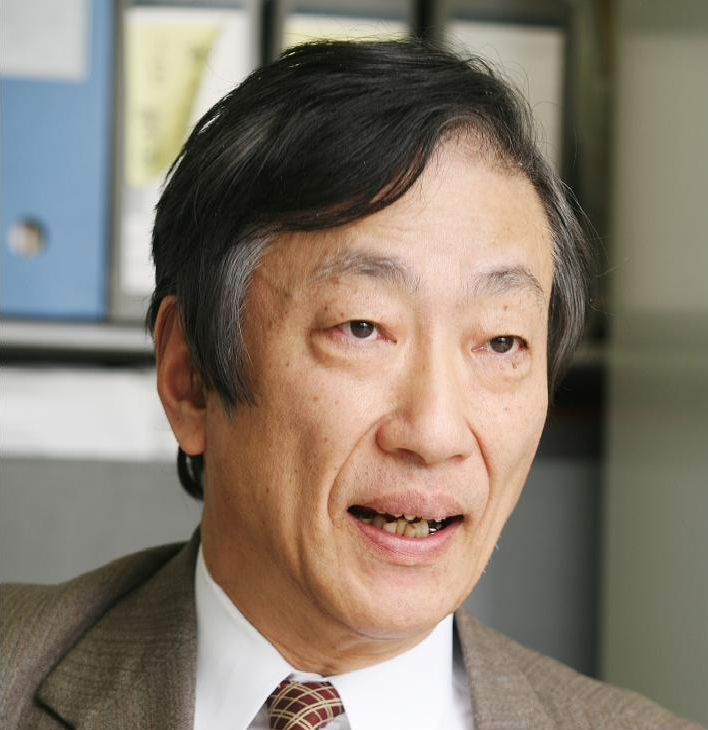
New paradigm for the future of super-aging societies – a prospective analysis from Japan
Biography
Prof. Toshihiko Hasegawa, M.D., MPH., Ph.D. is President of Future Health Research Institute since 2014, and retired Professor of Nippon Medical School after a long career in Japanese government including development of elderly care policy and management of Japanese national hospitals. He graduated from Harvard School of Public Health for MPH in 1981, from Osaka University Medical School for MD in 1972, and finished General Surgical Residency in Milwaukee, Wisconsin. He taught at many medical schools in Japan as visiting professor for health policy and hospital management. He did research on health policy, health sector reform, planning and evaluation of disease management program, hospital strategic management, international health and integrated community care system. He started the legendary network of health policy researchers in Asia “Dragon Net” in 1998 and is currently involved in a project on “Health for next 120 years” by Japanese Association of Medical Sciences. Prof. Hasegawa published many papers and books about ageing society, international health, health policy, hospital management, health care delivery system and safety and quality of care including the Hospital Strategic Management in 2002 that was translated in Korean, Thai, Russian and Chinese and the International Symposium on Health Transition and Health Sector Reform in Asia in 1998, and Health Care System Reform and Health Policy Research in Japan : Health Care Policy in East Asia Volume 2, a World Scientific Reference in 2020.
Abstract
The lecture presentation will cover prospective analysis of major transitions and adaptability of Japanese financing and delivery of LTC and services to postulate the future paradigm, for the next 50 years or more, of care and well-being in fast ageing societies; the foundations of which need to be built now. This future model is also epitomized by the care cycle theory that reflects interfaces various aspects of lives of older adults in ageing to super-ageing societies in Asia Pacific.
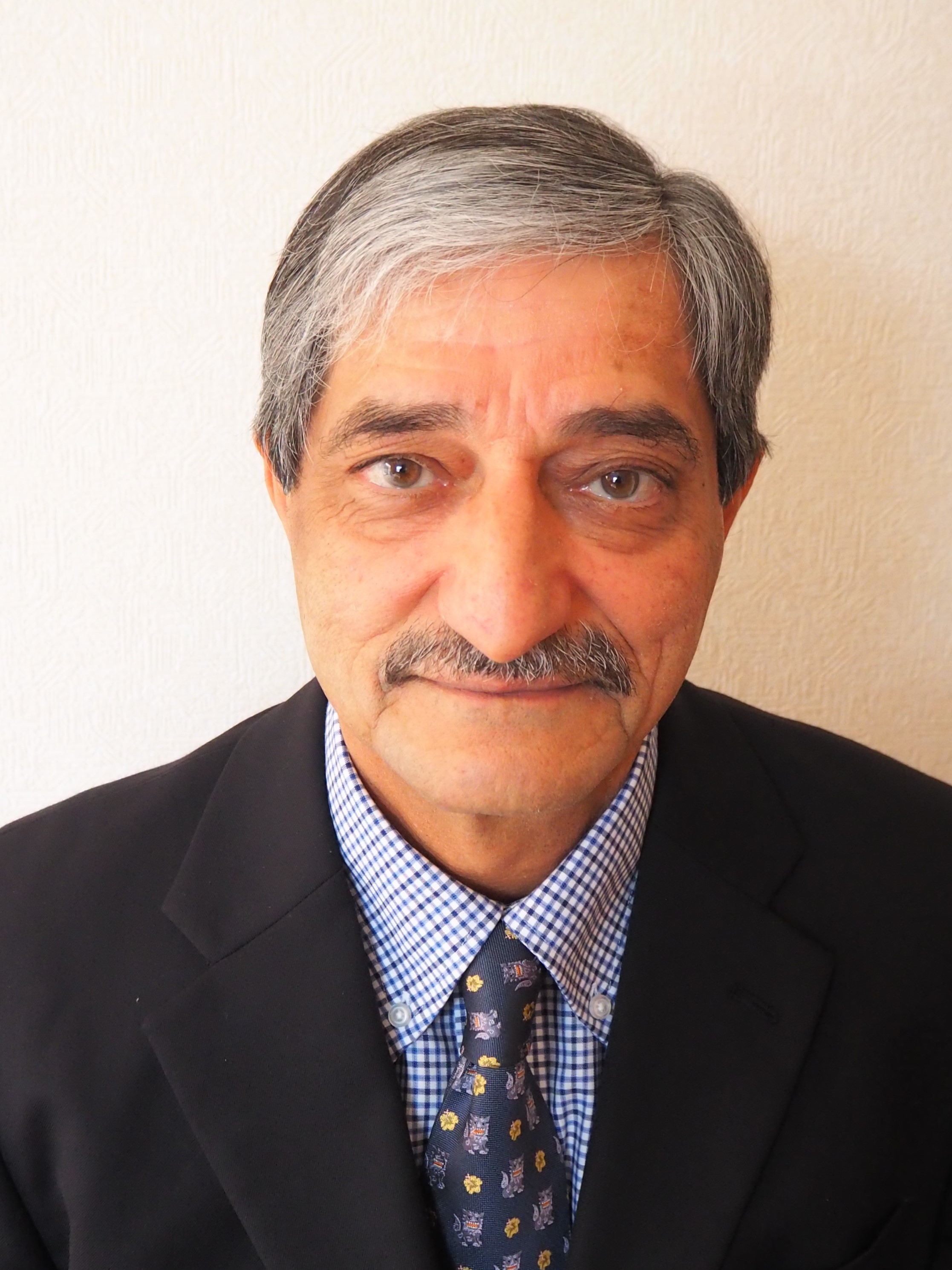
Conducive factors that shaped and maintained ‘universal’ long-term care & services in Japan and their relevance in Asia Pacific; an inside-out perspective
Biography
Sunil Mehra has over 40 years of diverse and multi-disciplinary career in global health that includes leading and working with cross-cultural teams at local, national and international levels. Currently based in Thailand, he is engaged in international courses and seminars on Universal Health Coverage, governance and health systems; and facilitating international research collaborations. Previously he worked with senior policy researchers to publish experiences from health reform efforts in Japan, culminating in publication of an academic reference. His ambition is to share global learning and experience with the new generation of development professionals to tackle the old and new development challenges.
Prior to moving to Japan, he was a Director and Partner at Health Partners International, Technical Lead for DAI Global Health in UK, where he led governance and systems solutions for development priorities such as elimination of diseases internationally. As Executive Director of the Malaria Consortium, which he founded as a UK non-profit organisation, he has led its development and growth into a leader in its field. Sunil Mehra has worked in over 35 countries in East and South Asia, Middle East, Africa, Europe, based in UK, Japan and USA. He is recognised for developing and overseeing successful implementation of both challenging and innovative projects and scaling up of public health innovations with collaborative teams of implementers and researchers.
He has had experience working with national ministries, international NGOs and agencies like World Bank, WHO, DFID, JICA and foundations, private sector; and academic institutions such as London School of Hygiene & Tropical Medicine, National Institute of Public Health, Japan; and collaboration with other academic institutions.
Abstract
The presentation will highlight conducive factors from an outsider’s perspective that have contributed to establishment and maintenance of ‘universal’ LTC in Japan including some of the social, cultural or political factors. The presentation will also cover benefits, private provision underpinning ‘universal’ access and availability, learning and challenges of relevance to other countries in Asia Pacific.
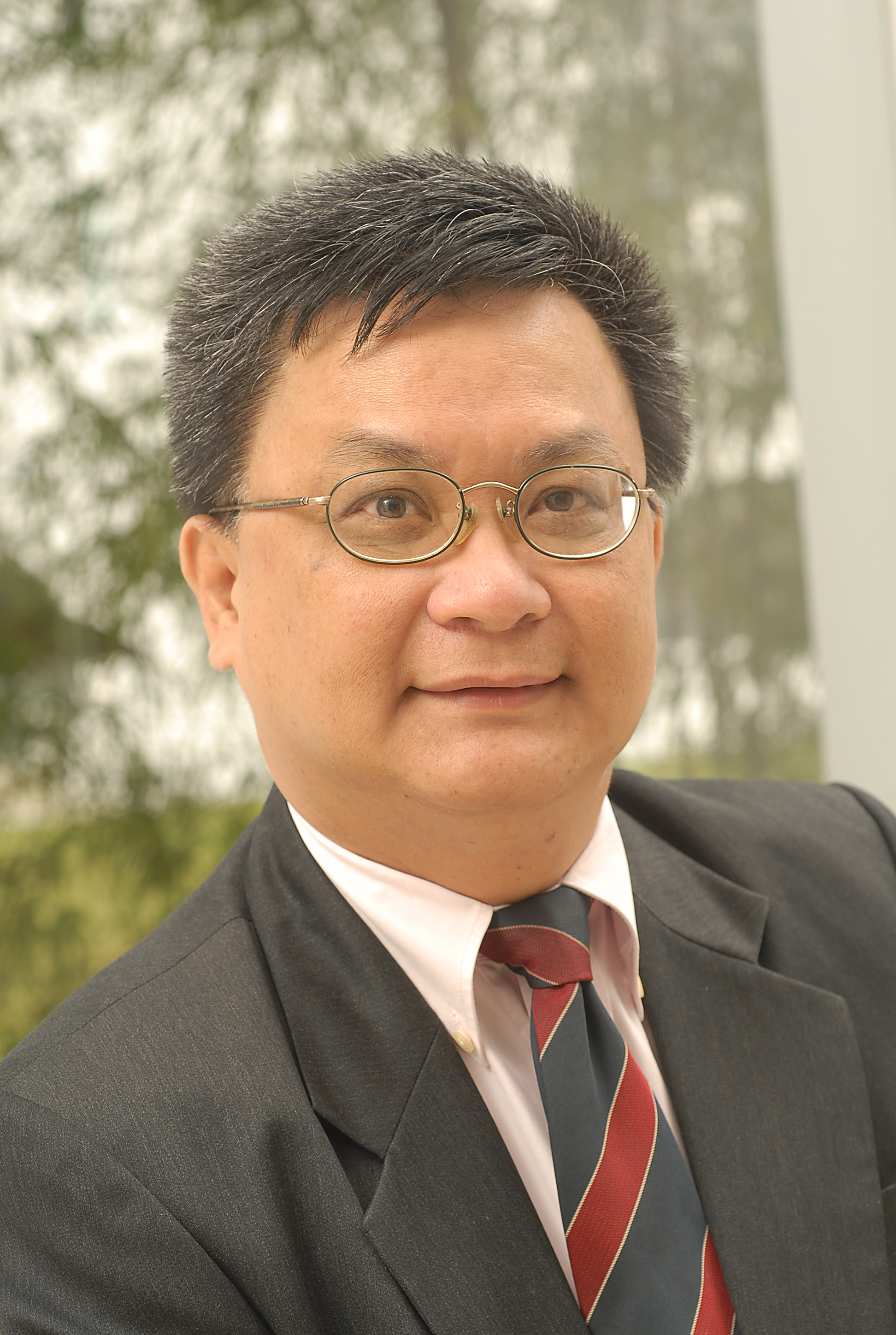
Long-term care in Singapore: Balancing healthcare delivery and financing
Biography
Dr Phua is Adjunct Senior Research Fellow at the Institute of Policy Studies and held a previous professorship at the Lee Kuan Yew School of Public Policy, National University of Singapore. He is currently Visiting Professor, Graduate School of Public Policy, Nazarbayev University. He has taught health management and social policy, health economics and global health in the various programmes in public policy. He was Associate Professor and Head, Health Services Research at the NUS Department of Community, Occupational & Family Medicine, Faculty of Medicine. He graduated with honors cum laude at Harvard University and received graduate degrees from the Harvard School of Public Health (Master in Health Services Administration & Population Sciences) and the London School of Economics and Political Science (PhD in Social Administration, specializing in Health Economics). He was the recipient of a Harvard College Scholarship, the Sigma Scholarship from the Faculty of Arts and Sciences, Harvard University, and the National University of Singapore Overseas Graduate Scholarship. He delivered the 2012 ST Lee Lecture at Menzies Centre for Health Policy, University of Sydney and the Australian National University.
Dr Phua has produced over 200 publications and papers in the field of health policy & management and related areas, including the history of health services, population ageing, health economics & financing. He is author of Singapore Chronicles: Healthcare (2018) and principal co-editor of Ageing Asia: Contemporary Trends and Policy Issues (2019). He is lead editor of the Social Science & Medicine special issue on Health Systems in Asia (2017), led the Rockefeller Foundation-funded project on Trends Monitoring in Asia, from 1999-2014 as Principal Investigator, and is co-lead author of the overview for the Lancet Series on Health in Southeast Asia (2011). He is a Founding Member of the Asian Health Systems Reform Network (DRAGONET); was a past Chair, Executive Board of Asia-Pacific Health Economics Network; and past Associate Editor of Asia-Pacific Journal of Public Health and Singapore Economic Review.
He has undertaken numerous international consulting assignments for governments, multi-national corporations and non-governmental organisations. He was a member of the World Health Organization (WHO) Expert Committee on the Economics of Healthy Ageing (2018-2019), Experts’ Forum on NCDs in Emerging Countries (2019), and the International Think-Tank on Health Insurance, Executive Council, Government of Dubai (2007-2008). In the region, he has served as Chairman, Technical Advisory Group on Health Sector Development of the WHO Western Pacific Regional Office (2000-2005) and moderated the Ministerial Roundtable on Health and Poverty at the WHO Regional Meeting in 2000 and the WHO Bi-Regional Meeting on Health Care Financing in 2005. He has consulted to organisations like the Asia-Pacific Academic Consortium for Public Health, the International Red Cross, Asian Development Bank, United Nations Economic & Social Commission for the Asia-Pacific, World Bank and WHO.
Abstract
All over the world, governments face the challenge of integrating elements of delivering and financing needs for ageing populations. The Singapore model shows how long-term care can be delivered and financed through a mix of public and private sources comprising tiered and means-tested public subsidies and grants that target collaboration with voluntary and other private resources from the family. While the goal is to achieve a balance through an optimal mix of private and public options, it is worth noting that Singapore’s hybrid system requires balancing between the public, private and non-profit sectors with a mix of financing through taxation (means-tested targeted subsidies for distribution), insurance (compulsory universal coverage with voluntary supplementary risk-pooling of risks) and savings (personal accounts with incentives for long-term sustainability).